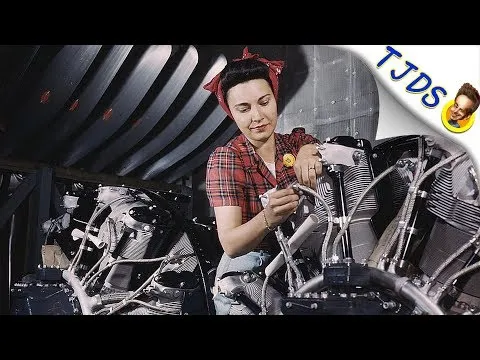Years ago companies would close leaving their employees without jobs. Sometimes those employees would band together and buy out the companies. This was a scenario that I would read about when I was in taking business and economics in university. This was back in the days when interest rates were 18 percent. At the time, there was a clear strategy for many people but because I eventually I got out of academic life, I was unable to continue to study those businesses. There are many factors that dictate what happens in ordinary business organizations. One of those is the Peter Principle. That is where a person rises to the level of their incompetence. Imagine someone starts working in a Burger Joint. Initially that person starts as a custodian ... cleaning floors, washing windows. A supervisor observes qualities in the person (eg industriousness) so moves that person to food preparation. After a while a supervisor observes qualities in the person (eg attention to detail) and moves that person to working as a cashier. At this stage the person fails because they do not have very good interpersonal skills. What does the supervisor do. The employee cannot be promoted, demoted nor can they be kept at the current position. At this stage the employee can only be moved sideways in an organization. Possibly clerical or moved into shifts where the person's poor skills will least affect the organization.
The worker coop is an interesting spin on the model. Employee ownership but "electing" employees to higher level of responsibility with the assumption that a non-competent employee would not get reelected. It is no longer an individual deciding whether an employee has the skill set but the decision is made by consensus. I would like to see this type of organization in practice to see what actually happens to the Peter Principle.
